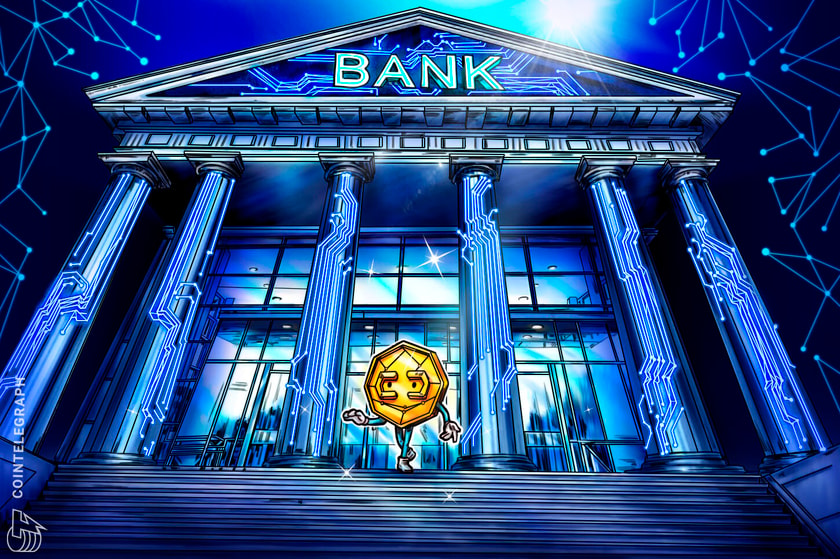Hong Kong and UAE central banks collab on crypto rules, fintech development

The two central banks are aiming to align their financial service sectors and said both share “many complementary strengths.”
Hong Kong and the United Arab Emirates’ (UAE) central banks are looking to collaborate on cryptocurrency regulations and financial technology development.
On May 30, the Hong Kong Monetary Authority (HKMA) said it met with its counterparts at the Central Bank of the United Arab Emirates (CBUAE) with the two agreeing to “strengthen cooperation” on “virtual asset regulations and developments.”
The two central banks also pledged to facilitate discussions on “joint fintech development initiatives and knowledge-sharing efforts” with each region’s respective innovation hubs.
Financial infrastructure and financial market connectivity between the two jurisdictions were also noted as key points discussed.
CBUAE governor H.E. Khaled Mohamed Balama said he anticipates the relationship with the HKMA will be ongoing and long-term.

HKMA chief executive Eddie Yue said the relationship will benefit both jurisdictions economically as they share “many complementary strengths and mutual interests.”
Following the meeting, the two central banks held a seminar for senior executives from banks in Hong Kong and the UAE.
It covered various topics, including how cross-border trade settlement can be improved and exploring how UAE corporations can leverage Hong Kong’s financial infrastructure platforms in order to gain access to Asian and mainland markets.

The collaboration comes as Hong Kong’s Securities and Futures Commission (SFC) is allowing virtual asset service providers (VASPs) to cater to retail investors in Hong Kong starting June 1.
Crypto is ‘going to stay’: HKMA treasury chief
Meanwhile, on May 30 Hong Kong’s treasury chief Christopher Hui told the AFP that the city has allowed retail investors to trade crypto under its new regulatory regime because “virtual assets are going to stay.”
Hui claimed the benefits of utilizing cryptocurrencies outweighed the risks.
Related: Hong Kong to open crypto exchange access for retail users, but there’s a catch
“Despite the potential risks involved, (virtual assets) also carries with it fundamental value,” he said, noting the importance of regulation:
“So for these positive elements to be harnessed, these activities have to be allowed in a regulated way.”
Several cryptocurrency exchanges have filed applications to have dedicated Hong Kong crypto trading services since the SFC announced the application process, including CoinEx, Huobi and OKX.
Magazine: FTX 2.0 coming up, Multichain FUD and Worldcoin raises $115M: Hodler’s Digest, May 21-27



